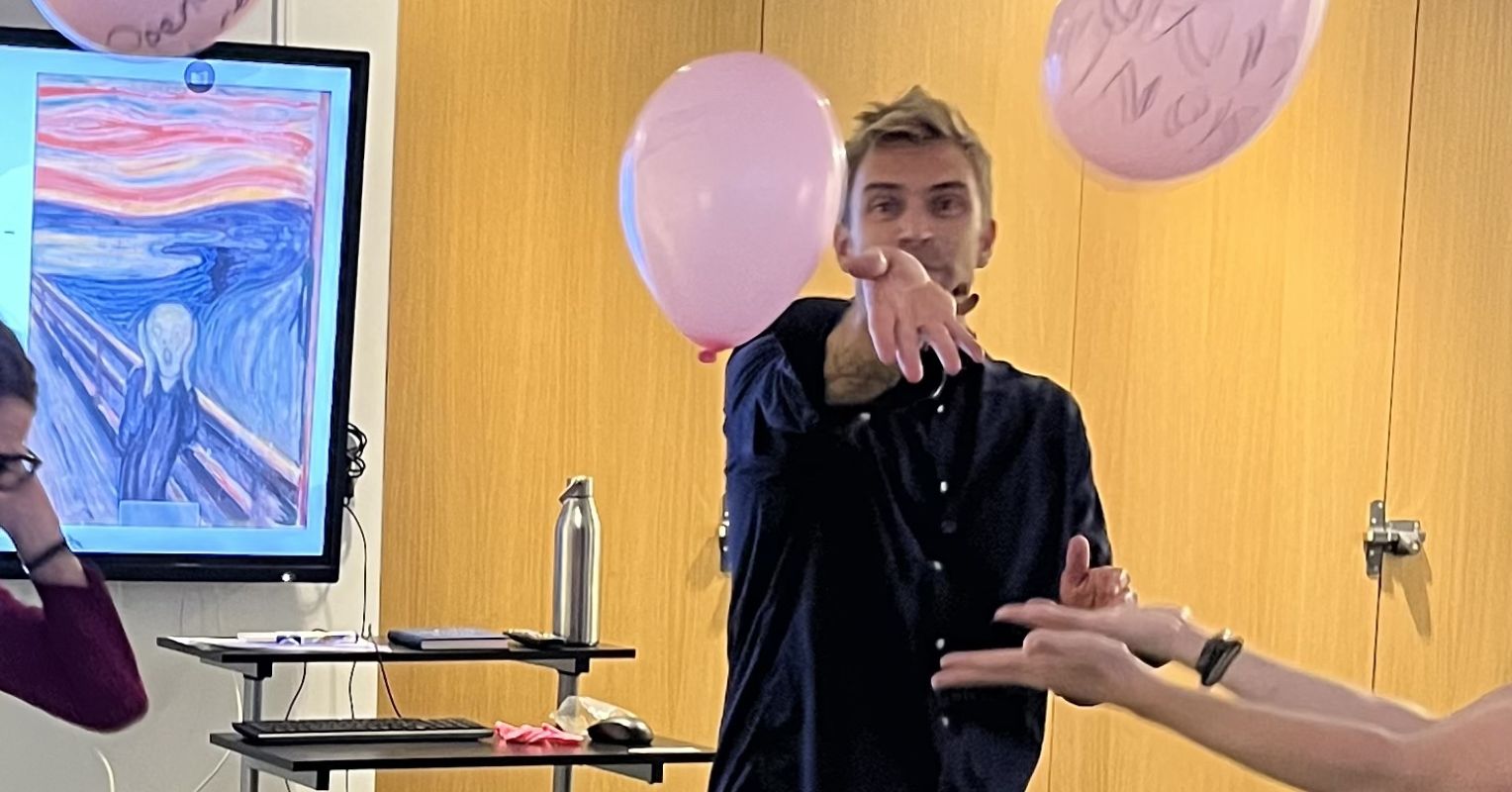
"Stress, anxiety, and burnout are silent epidemics-especially for creative, ambitious people. We work harder, try to control more, believing mastery shields us from exhaustion. But what if anxiety and stress, rather than obstacles, are actually the starting points of creativity and renewal if we engage with them mindfully? In my work as a philosopher and teacher, I've found that stress is not a sign of failure, but friction-the productive tension that prompts growth."
"Every creative act begins with tension-between what is and what might be. Creativity's heartbeat is uncertainty, not-knowing. Insisting on control blocks this pulse. Perfectionism is creativity's party-killer. True creativity isn't just willpower or constant productivity. It's a process, unfolding in four stages, as psychologist Graham Wallas described: Preparation-define the problem. Incubation-set the problem aside and let your mind wander. Illumination-when insight arrives unexpectedly. Verification-refine and shape your insights."
Stress, anxiety, and burnout are common among creative, ambitious people. Efforts to control and perfect work often increase exhaustion. Anxiety and stress can function as productive friction that prompts growth and invites reevaluation of effort, uncertainty, and meaning. Creativity arises from tension between current reality and possibility, relying on uncertainty and not-knowing. Perfectionism and excessive control stifle this process. Creative work benefits from four stages: preparation, incubation, illumination, and verification. Modern work cultures that prioritize planning and doing often block incubation, leading to burnout. Reclaiming attention, vulnerability, play, and simple practices can rebuild confidence, focus, and inspiration.
Read at Psychology Today
Unable to calculate read time
Collection
[
|
...
]